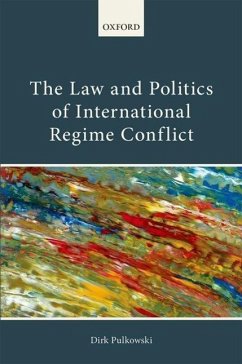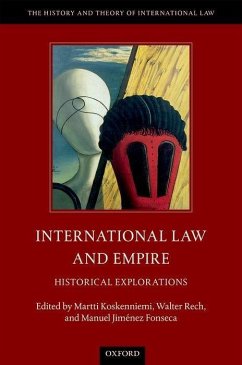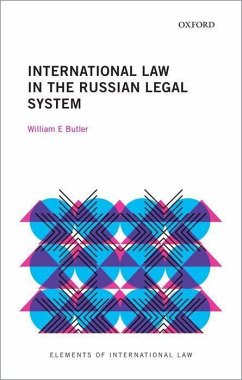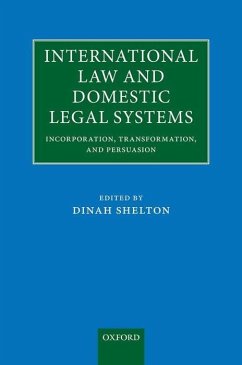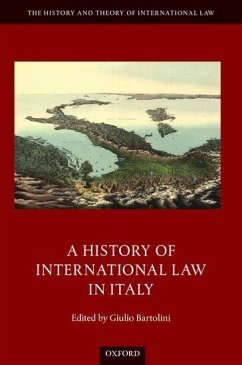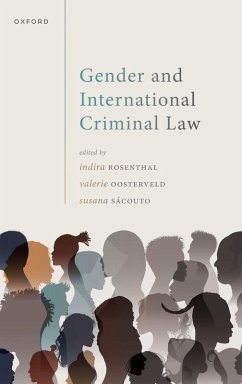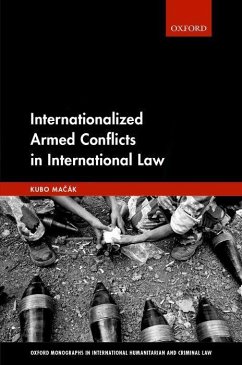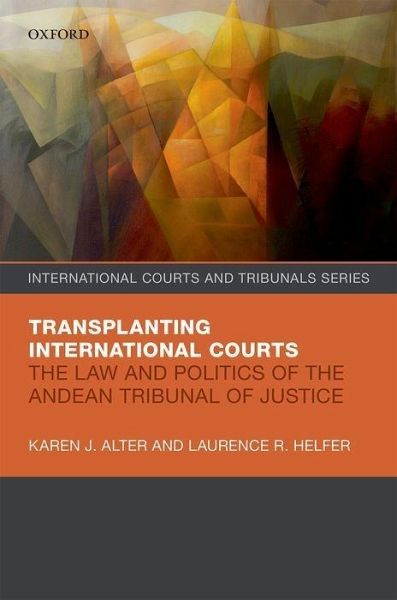
Transplanting International Courts
The Law and Politics of the Andean Tribunal of Justice
Versandkostenfrei!
Versandfertig in 1-2 Wochen
115,99 €
inkl. MwSt.

PAYBACK Punkte
58 °P sammeln!
The Andean Pact was founded in 1969 to build a common market in South America. Andean leaders copied the institutional and treaty design of the European Community, and in the 1970s, member states decided to add a tribunal, again turning to the European Community as its model. Since its first ruling in 1987, the Andean Tribunal of Justice has exercised authority over the countries which are members of the Andean Community: Bolivia, Colombia, Ecuador, and Peru (formerly also Venezuela). It is now the third most active international court in the world, used by governments and private actors to protect their rights and interests in the region. This book investigates how a region with weak legal institutions developed an effective international rule of law, why the Tribunal was able to induce widespread respect for Andean intellectual property rules but not other areas governed by regional integration rules, and what the Tribunal's experience means for comparable international courts. It also assesses the Andean experience in order to reconsider the European Community system, exploring why the law and politics of integration in Europe and the Andes followed different trajectories. It finally provides a detailed analysis of the key factors associated with effective supranational adjudication. This book collects together previously published material by two leading interdisciplinary scholars of international law and politics, and is enhanced by three original chapters further reflecting on the Andean legal order.
Transplanting International Courts provides a deep, systematic investigation of the most active and successful transplant of the European Court of Justice. The Andean Tribunal is effective by any plausible definition of the term, but only in the domain of intellectual property law. Alter and Helfer explain how the Andean Tribunal established its legal authority within and beyond this intellectual property island, and how Andean judges have navigated moments of both transnational political consensus and political contestation over the goals and objectives of regional economic integration. By letting member states set the pace and scope of Andean integration, by condemning unequivocal violations of Andean rules, and by allowing for the coexistence of national legislation and supranational authority, the Tribunal has retained its fidelity to Andean law while building relationships with nationally-based administrative agencies, lawyers, and judges. Yet the Tribunal's circumspect and formalist approach means that, unlike in Europe, Community law is not an engine of integration. The Tribunal's strategy has also limited its influence within the Andean legal system. Transplanting International Courts also revists the authors' path-breaking scholarship on the effectiveness of international adjudication. Alter and Helfer argue that the European Court of Justice benefitted in underappreciated ways from the support of jurist advocacy movements that are absent or poorly organized in the Andes and elsewhere in the world. The Andean Tribunal's longevity despite these and other challenges offers guidance for international courts in other developing country contexts. Moreover, given that the Andean Community has weathered member state withdrawals and threats of exit, major economic and political crises, and the retrenchment of core policies such as the common external tariff, the Andean experience offers timely and important lessons for Europe's international courts.




